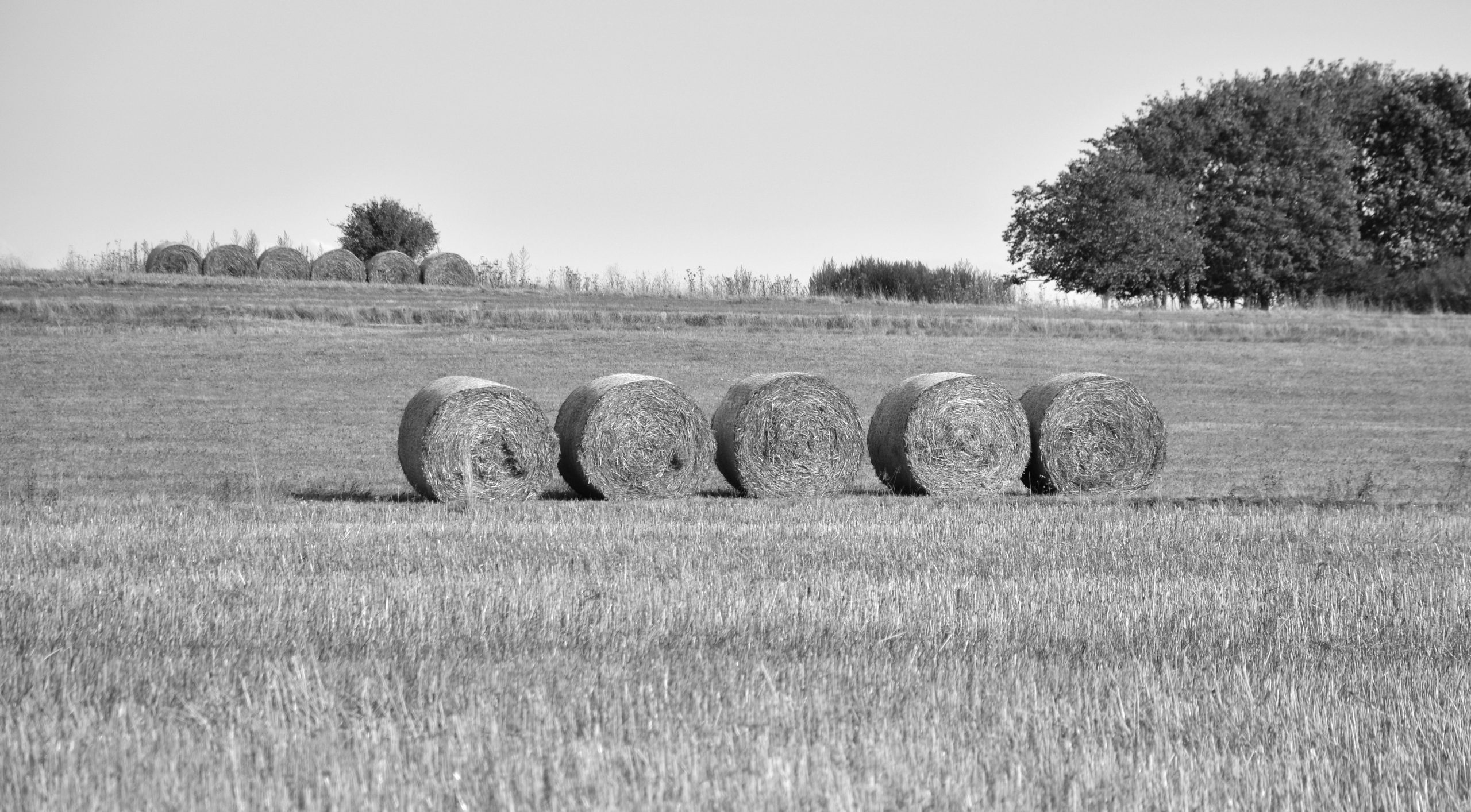Dear Editor,
I promised to pen a few points about family farm inheritance from a very personal and ill informed perspective, and below are some anecdotes on the subject.
“I’m not very popular with some of my family, but you don’t keep estates by splitting them”, so said the recently departed Sir William Gladstone as we drove round the well acred Hawarden Estate, Flintshire a few years ago. He made an obvious but difficult point that one heir is better than many if estates are to remain intact. How can we be fair when the next generation inherit? If division is equal then land sales and splits are inevitable. Does that matter? We are but custodians of the land; we do our best for the time provided and once gone, others have their turn.
Human nature sees the inheritance of possessions as important. Some governments see taxes accrued as essential. (Strangely, New Zealand has no capital gains or inheritance tax; they see administration costs outweighing benefits). Here in the UK, we see crippling taxes even to the extent of probate being denied until duties have been paid. This can lead to the ludicrous situation of recipients needing to borrow money to pay the tax before their rightful money is received. A scandalous state of affairs.
The farming world can escape the government’s greedy rigours of death duties if and when seven years pass and trusts are effectively administered. I enjoyed the tale of the father of a massive northern estate dying shortly before the seven years. The family shoved him in a deep freezer. Finally an autopsy was requested and the strawberries found in his stomach showed that they had been eaten sometime earlier, and this was in the age when seasons really were seasons!
One family known to me had the father’s assets conveniently divided……the farm to one son, the adjoining Prep School to another and The Lloyds benefits to the daughter. The last alas was a disaster.
Working farms with children lining up for inheritance are an interesting study: l have a cousin with no children but a nephew keen to take over the efficient, arable farm. No problem. Another cousin has two sons, both in farming. Some fortuitous land sales for building enabled the father to use ‘roll over’ and see his sons handsomely accounted for. Another cousin has four children, two boys and two girls. The oldest is helping on the mixed farm of sheep, hops and top fruit, the twins are biding time in local land agencies and the youngest is at Uni. All have studied agriculture or land management. Should all four wish to farm, the cousin will have a problem providing land enough. Indeed daughters now are as likely as sons to wish for a life in agriculture; no longer the days of automatic male inheritance and girls looking for young bucks with acres of their own.
Sales of buildings and cottages can help in the big divide but with farms needing diversification, these assets are often necessary for regular profits. Their cousin (we are a prolific lot!) has a son and a daughter. Neither are interested in farming. One lives in the main farmhouse, the other is converting a barn on the premises. What does the father do? Grandchildren are young but may eventually show interest. Why sell the land unless he needs to? The land can be rented out but it is not convenient for rolling into the neighbouring farmer’s arable empire as the acreage is modest comprising of hops and fruit which are specialist crops and if grubbed, they are unlikely to be replaced. Perhaps one of the afore mentioned four could take over the business but that will, l expect, lead to all sorts of family disruptions. No easy matter satisfying the next generation.
A friend overseas has three sons; only one farmed. That son bought out his siblings and three years later sold the place for ten times as much as he had paid out to his brothers. Not an unheard of situation but it makes for awkward Christmas dinner talk!
Footnote: Last month l suggested that the second service should be abolished in tennis; this time l note that the rackets are larger and stronger, fitness is sharper, playing strength and hitting power has increased and yet the size of the court remains the same. Just a thought.







